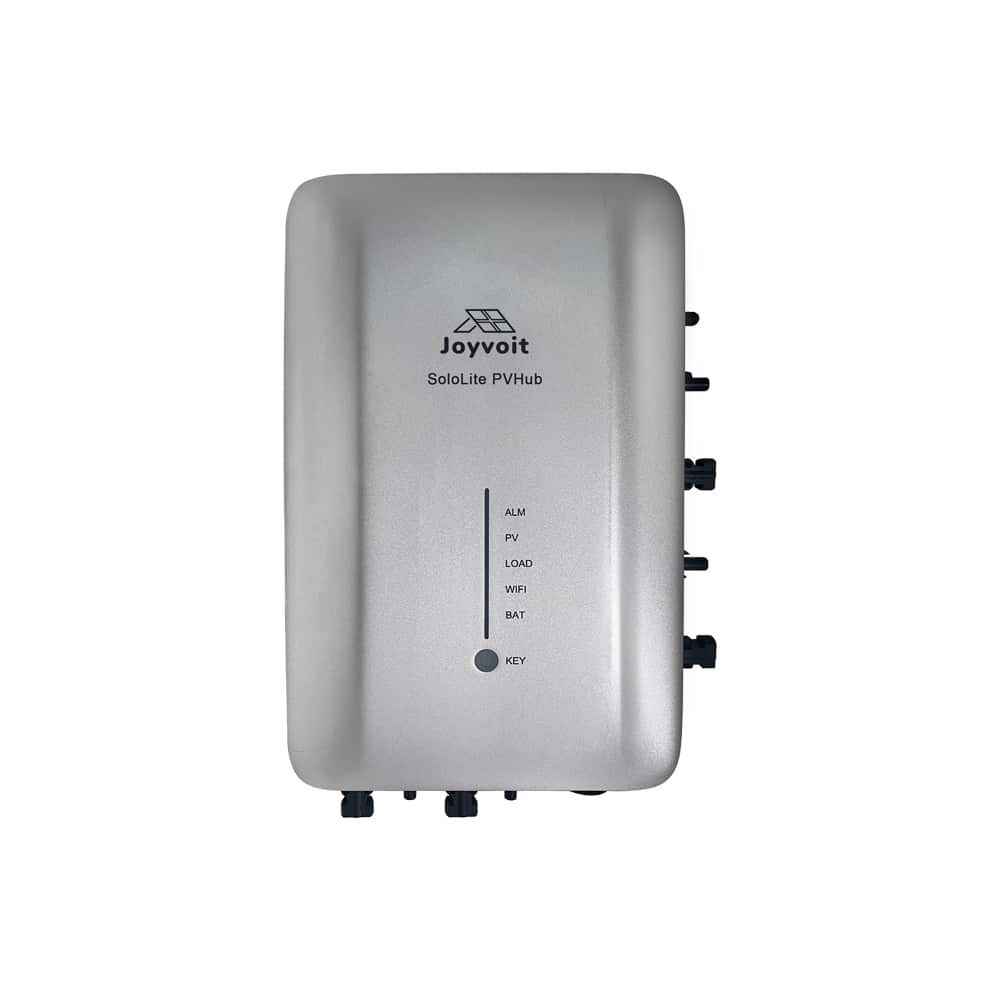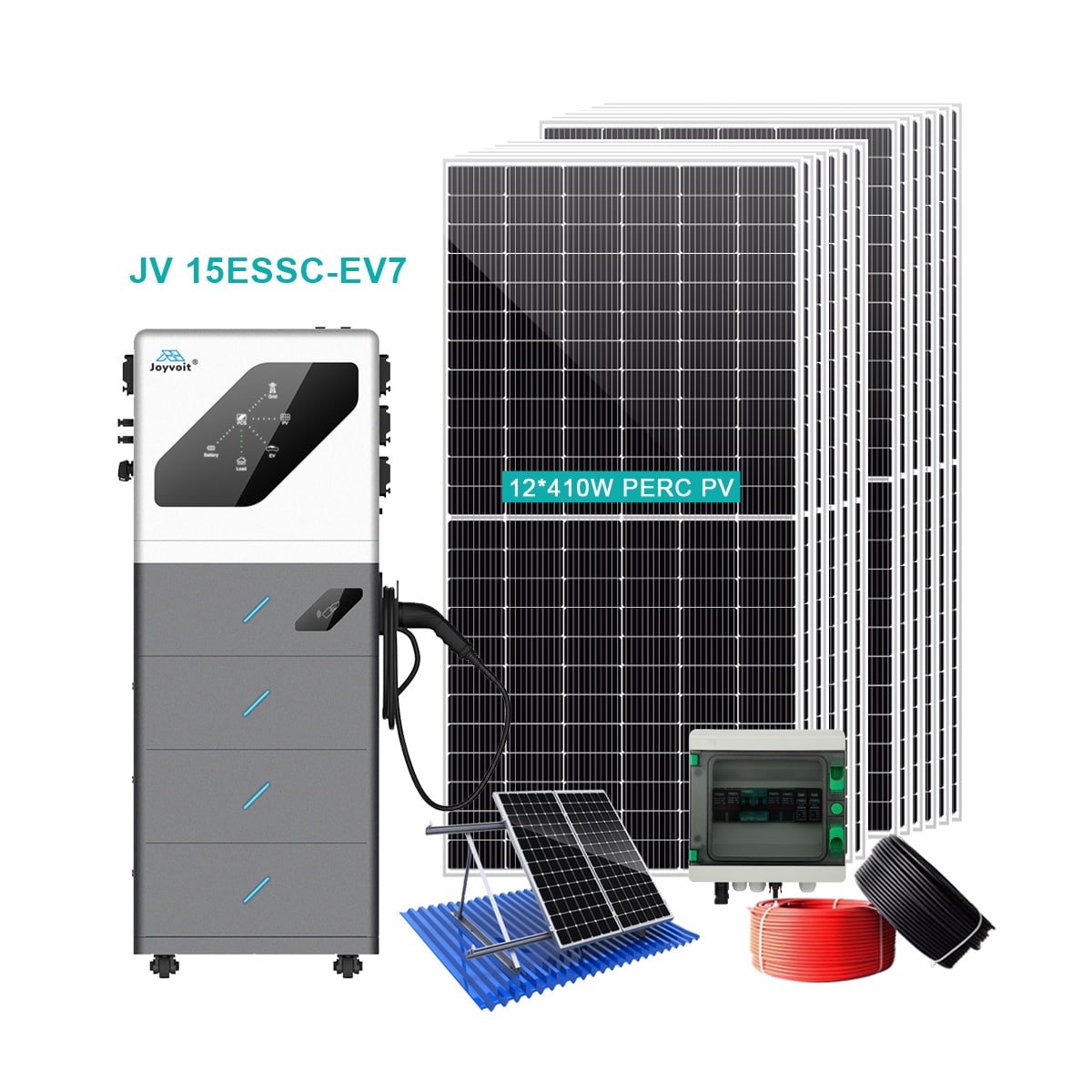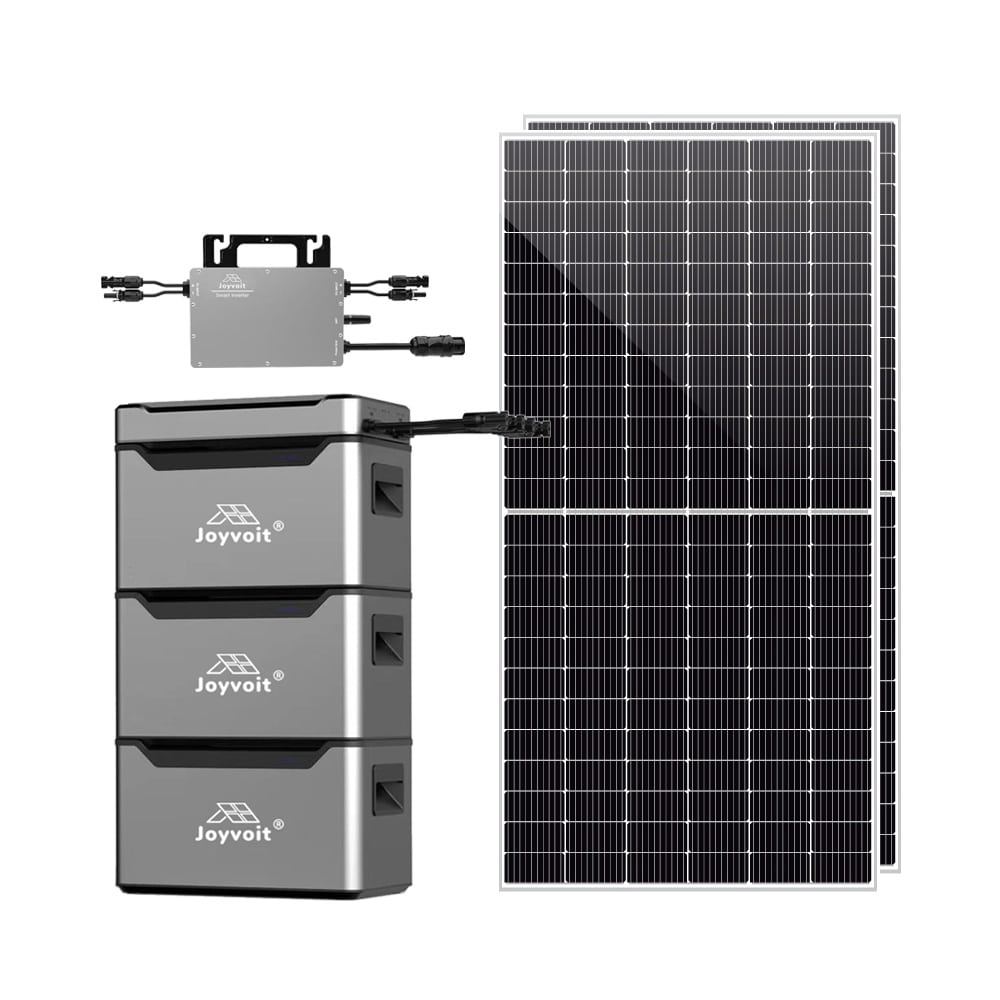Agrivoltaic Innovations: France's New Guidelines and the Future of BIPV Solar Panels
- 04/12/2024
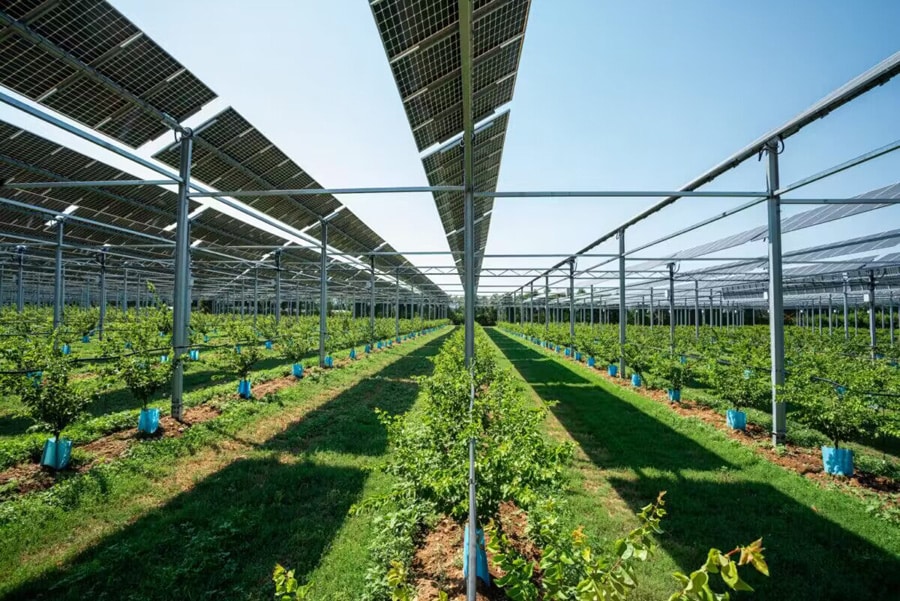
In a significant development for renewable energy and sustainable farming, the French government has unveiled a groundbreaking framework for agrivoltaics. The new Decree No. 2024-318, now made official in the national journal, outlines crucial parameters for installing photovoltaic (PV) panels on agriculture-dedicated lands. This legislation comes at a pivotal time as France seeks to balance agricultural productivity and the advancement of clean energy.
Under these regulations, farmers and installers must adhere to specific conditions, such as limiting the coverage rate of solar panels and ensuring only an acceptable percentage of agricultural yield is compromised. These rules herald a new era of integrating solar energy with farming practices, promising a dual-use landscape that benefits both the environment and the agrarian community.
The launch of Decree No. 2024-318 raises an important question: How can solar technology be effectively incorporated into our agricultural lands without hindering productivity? This is where Building-Integrated Photovoltaics (BIPV) solar panels come into the limelight. Innovations in BIPV, such as those by SUNS Power Co. at BIPV solar panels, provide a glimpse into a harmonious future where solar energy solutions not only cater to energy demands but also blend seamlessly with the aesthetics and functionality of farming infrastructure.
At SUNS Power Co., our BIPV solar panels, rated for 160W or 320W or customized power, embody the essence of aesthetic and energy efficiency. These panels offer an ideal solution for the agrivoltaic sector, where the architectural integration of photovoltaics into farm buildings takes precedence. Aligned with France’s fresh directives, our BIPV panels ensure minimal interference with agricultural operations while maximizing energy generation.
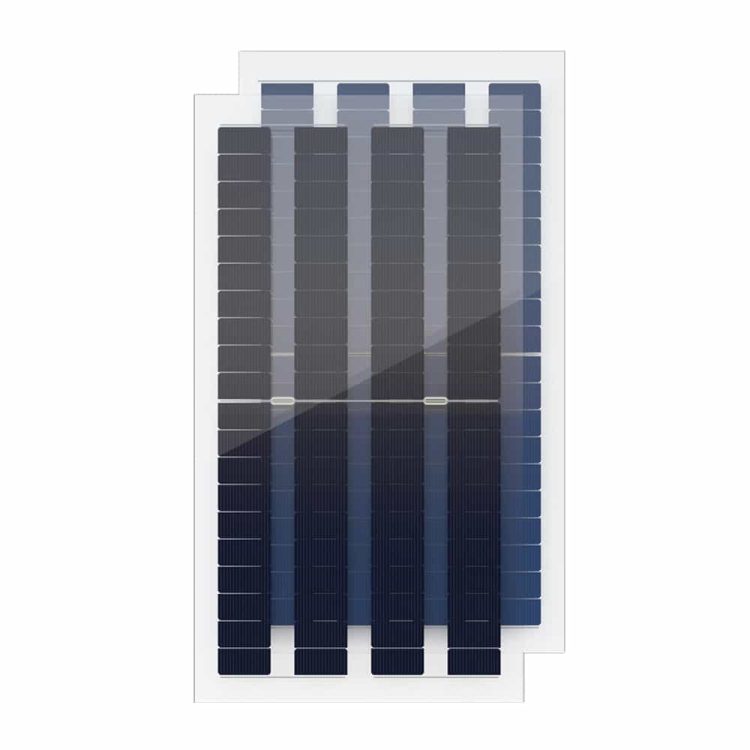
In essence, France’s newly minted rules are a leap toward a greener, more harmonious coexistence of agriculture and solar technology. By leveraging the potential of BIPV solar panels, we can pave the way towards a sustainable future where each ray of sunshine supports the energy needs of tomorrow without eclipsing our agricultural heritage.
Explore the potential of BIPV solar panels for agrivoltaic systems and how they adhere to France’s latest guidelines here: Discover BIPV Solar Panels.
The specific conditions for installing PV panels on agricultural areas in France, per Decree No. 2024-318, include a wide range of requirements and stipulations. While the full text is comprehensive and includes numerous technical details, here are some key points:
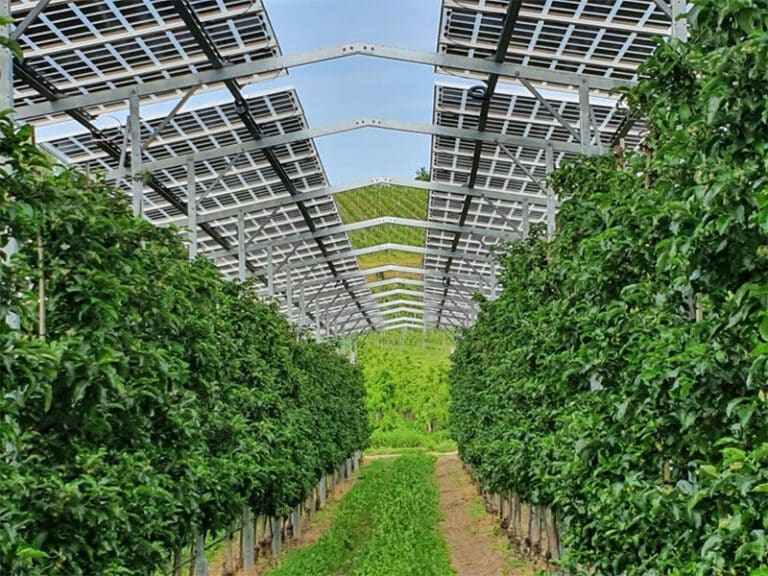
Agricultural Character and Services Provided by the Installation:
- 1. The parcel of land must present the same agricultural characteristics within a continuous photovoltaic panel implementation perimeter. The size of this perimeter might differ from cadastral or regulated parcels.
- 2. An active farmer is defined as any individual or entity meeting conditions laid out in specific codes.
- 3. Services improving agricultural potential include soil agronomic qualities, crop yields, or reactivating agricultural use on previously unused agricultural land for over five years.
Adaptation to Climate Change:
The installations must limit the harmful effects of climate change, evidenced through increased yields, improved agricultural quality, or mitigating the trend of yield reduction due to climate extremes like heatwaves or frosts.
Protection Against Hazards and Animal Welfare:
There should be protection against meteorological hazards, excluding strictly economic and financial hazards, and improvement in animal welfare evidenced by better temperature conditions for the animals under the PV modules.
Significant Agricultural Production and Income:
- 1. Agricultural production on the parcel should be significant, gauged by average yield/ha compared against a control zone’s yield or predefined references.
- 2. The agrivoltaic installation must result in durable income from agricultural production, comparable to average incomes pre-installation, considering general economic evolution.
Agrivoltaic Activity Conditions:
- 1. To ensure agriculture remains the primary activity, the unexploitable area due to PV installations must not exceed 10% of the total covered area.
- 2. For larger installations (>10 MW peak), the coverage rate should not exceed 40%.
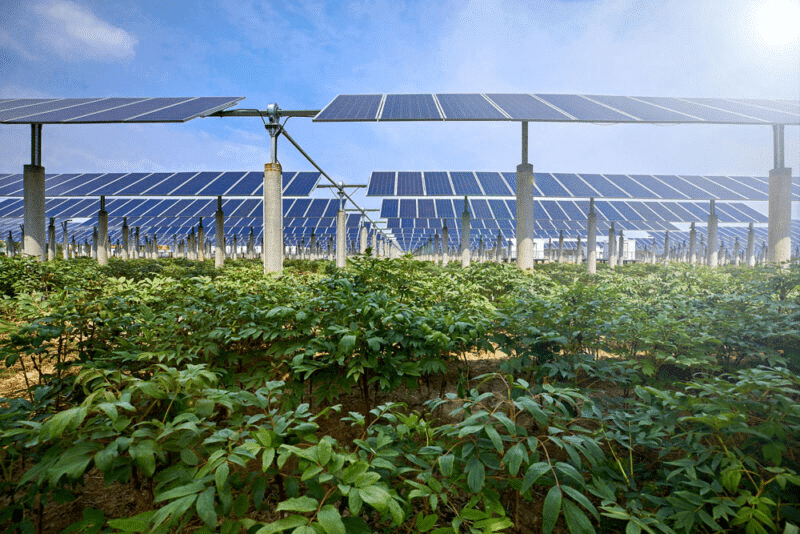
Control and Compliance:
Installations are subject to controls prior to commissioning and at regular intervals thereafter. They must demonstrate compliance with agricultural productivity and financial income standards.
Dismantling and Reclamation:
There are precise guidelines for dismantling and site reclamation after the operational period, ensuring the retention of the initial vocation of the land.
This decree aims to ensure that solar energy production does not compromise agricultural land’s primary purpose and that the agronomic potential of these lands is either maintained or improved.
For a complete understanding, detailed consultation of the decree and relevant technical codes is recommended. The decree serves as a legislative basis for addressing the sophisticated balance between agricultural land use and the expansion of renewable energy via photovoltaic installations.
SoloLite PVHub
Model: SP20A1600H
1.Capture Solar Energy
2.Intelligent Distribution
3.Simple Monitoring
4.Customization at Your Fingertips
5.Automatic Updates
Hybrid Solar EV Charger 10-15KWh
Model: JV 10ESSC-EV7, JV 15ESSC-EV7
1.All-in-One Solution
Solar, battery storage, EV charging, power distribution
2.Easy setup, quick results
3.APP with real-time monoitor
MESS Micro Energy Storage System
Model: MESS1000H
1.Versatile Solar Panel Compatibility
2.Easily Upgradable Stackable Battery
3.Seamless Integration with PVHUB
4.Adaptive Charging Modes for Optimal Efficiency
5.Monitor and Manage with Ease
Join the Solar Revolution with SHENZHEN SUNS ENERGY!
Join 80,000+ customers. Explore innovative solar solutions for a greener future. Act now for a brighter tomorrow!

